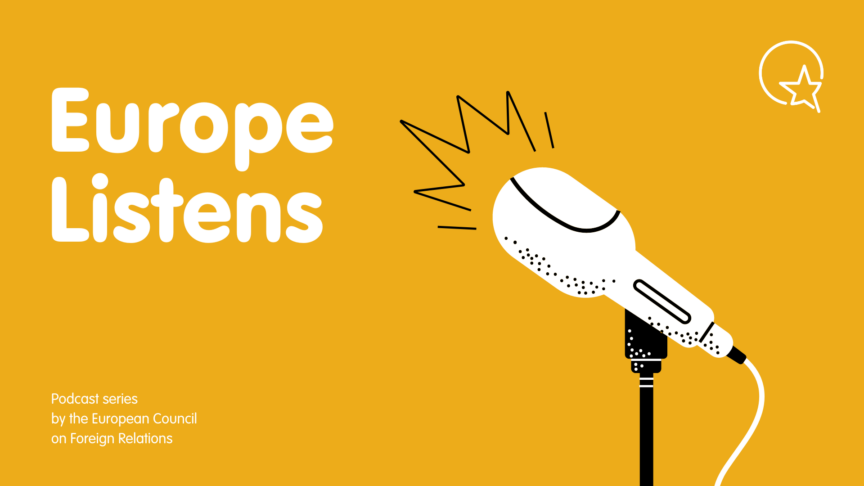
Europe Listens: Saving multilateralism with Arancha González Laya and Richard Gowan
In September 2024, the United Nation’s Summit of the Future is set to take place – a crucial moment to mend “eroded trust” between peoples,…

In September 2024, the United Nation’s Summit of the Future is set to take place – a crucial moment to mend “eroded trust” between peoples,…
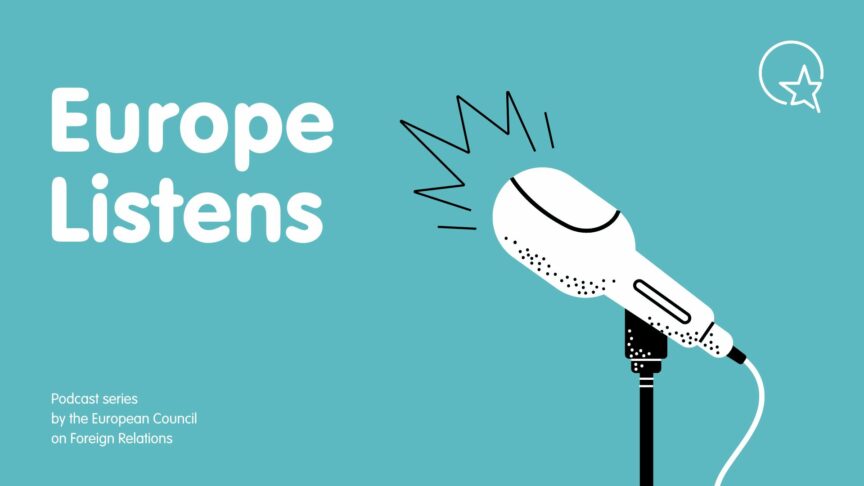
To achieve the ambitions of the European Green Deal, the European Commission insists that healthy oceans and a sustainable maritime economy are crucial. With rising…

Around 70 per cent of our planet is covered by the ocean, of which two-thirds fall beyond national jurisdiction. After decades of discussions and negotiations,…
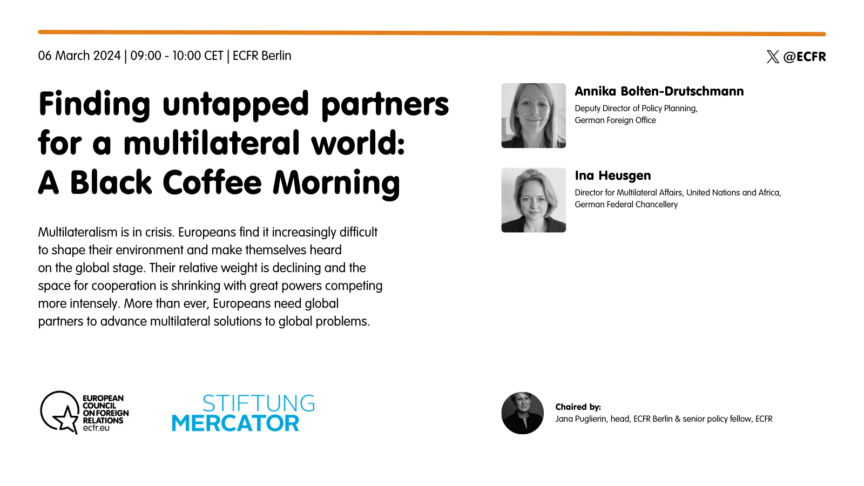
Multilateralism is in crisis. Europeans find it increasingly difficult to shape their environment and make themselves heard on the global stage. Their relative weight is…
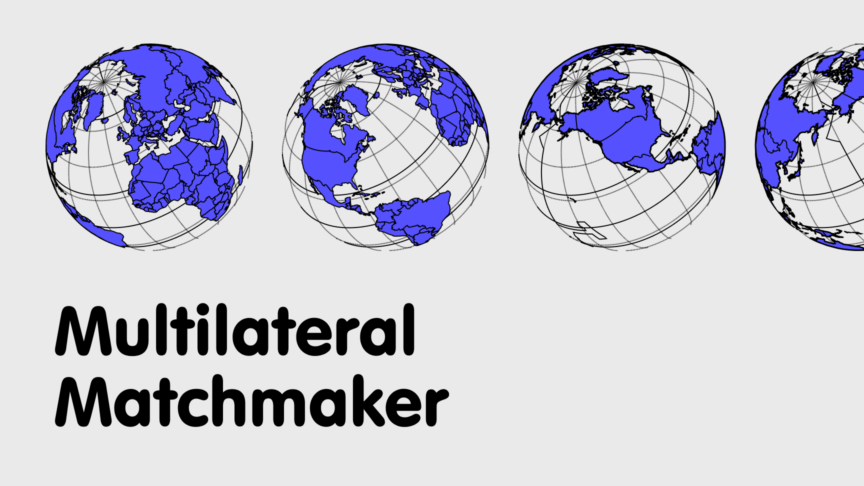
Multilateral coalitions are increasingly important for combatting global challenges. Europeans have many eligible – and untapped – potential partner countries, but to stand out they need to ensure their offer is as grounded in these partners’ interests as their own
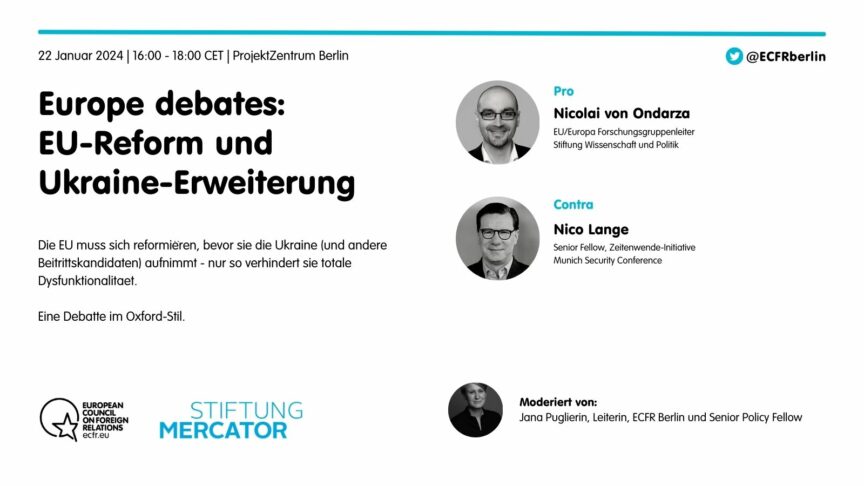
Die EU muss sich reformieren, bevor sie die Ukraine (und andere Beitrittskandidaten) aufnimmt – nur so verhindert sie totale Dysfunktionalität
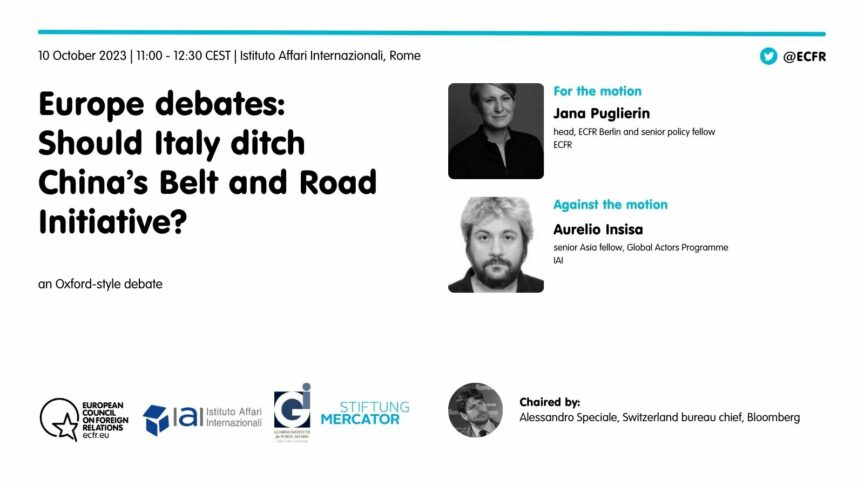
Italy’s leaders are confronting a decision about whether to withdraw from a memorandum of understanding with China on the Belt and Road Initiative (BRI) before…
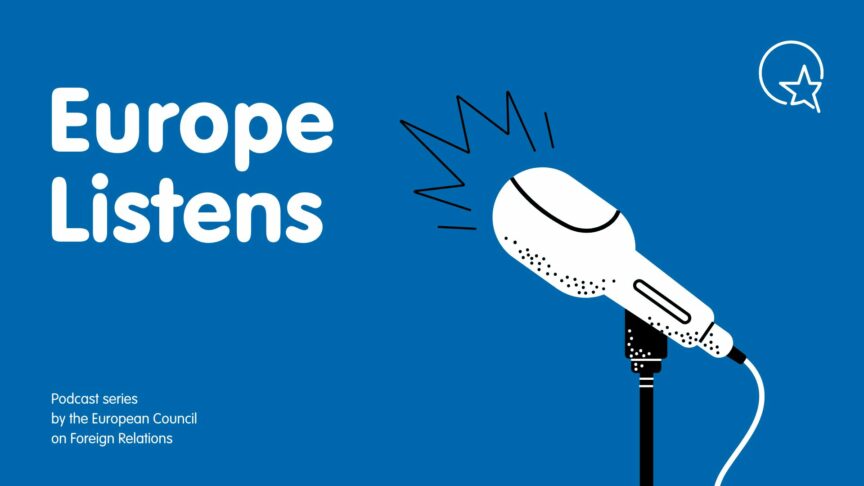
The global space economy is worth a whopping $469 billion, and growing fast. Commercial interests are proliferating; more and more countries are launching satellites…

On 8 January 2023, following a contentious national election, protestors attacked government buildings in Brazil’s capital. The riots were preceded by years of online disinformation,…

Digital technologies are set to transform African economies. Yet, only 40 per cent of Africans accessed the internet in 2022 – well below the…
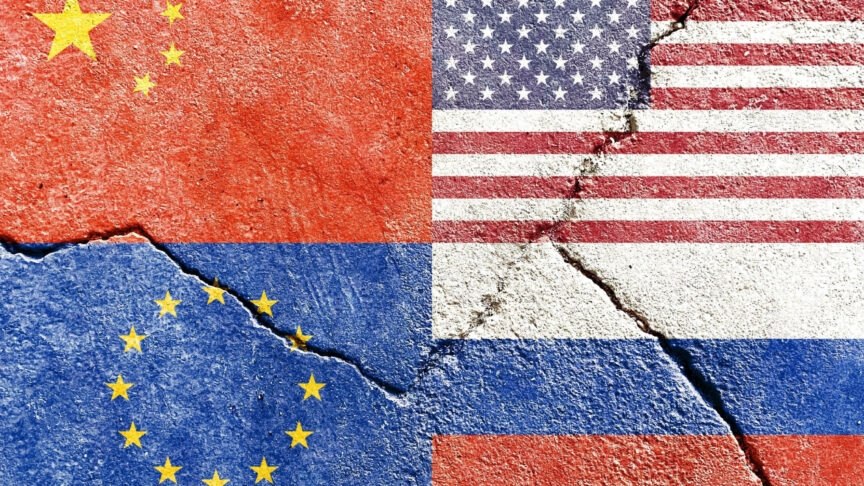
European citizens are adapting slowly to the new geopolitical landscape. But leaders have an opportunity to build public consensus on Europe’s approach to China, the US, and Russia
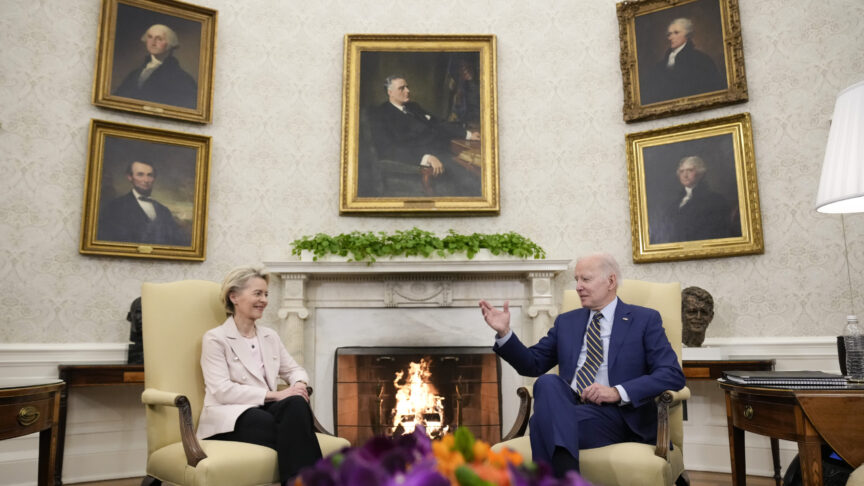
Europeans’ response to Russia’s war on Ukraine confirms their profound dependence on the US – an unwise position given the security challenge in Europe and coming geopolitical competition with China
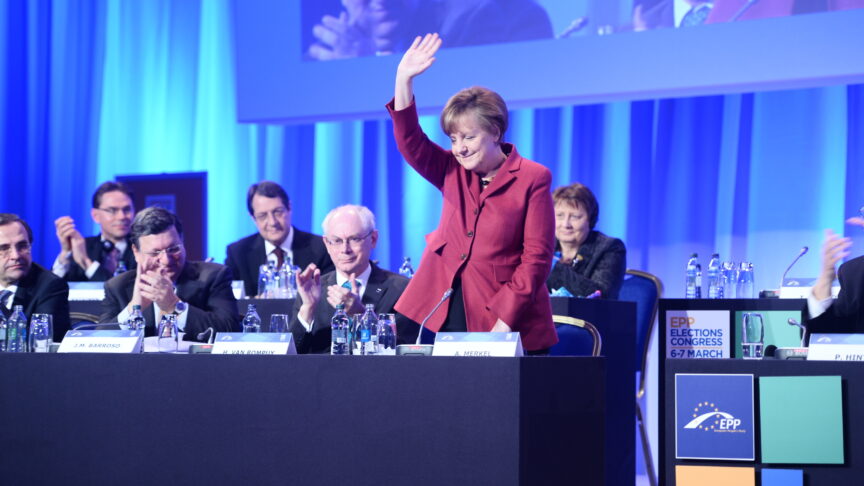
Paradoxically, to fulfil many Europeans’ expectations, Berlin will need to revise the principles of Merkelism that created this trust

ECFR’s policy experts examine what the Taliban takeover means for countries and regions around the world: Europe, the US, the Middle East, Russia, China, Iran, Turkey, and the Sahel
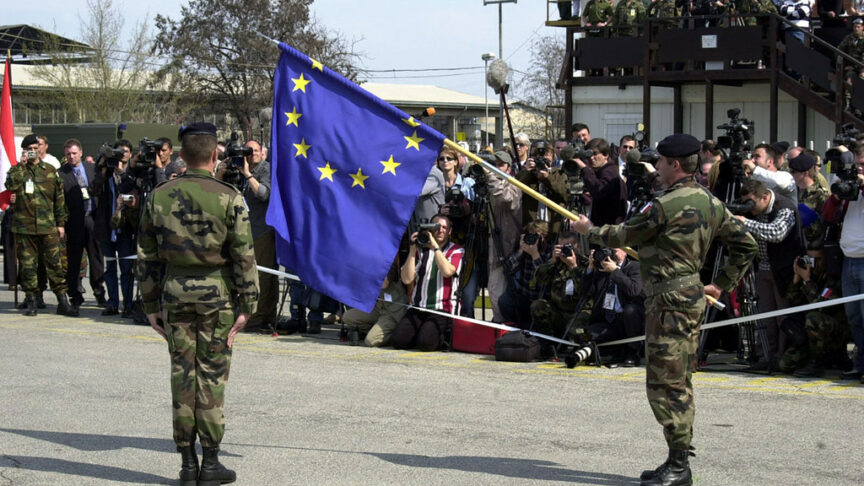
The EU’s work on its Strategic Compass should include debates on the special status states’ future role in European defence
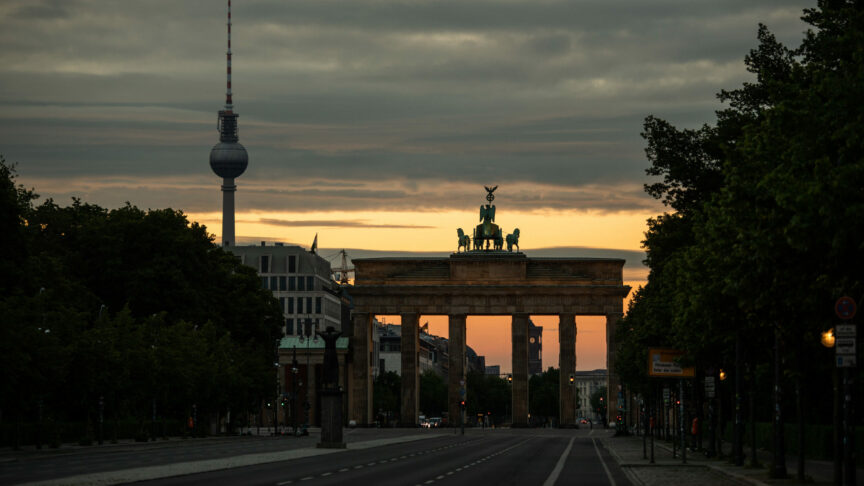
To engage more confidently with a world that is changing, outward-looking Germans need to shape a progressive new national identity before it is defined by the forces of isolation and exclusion
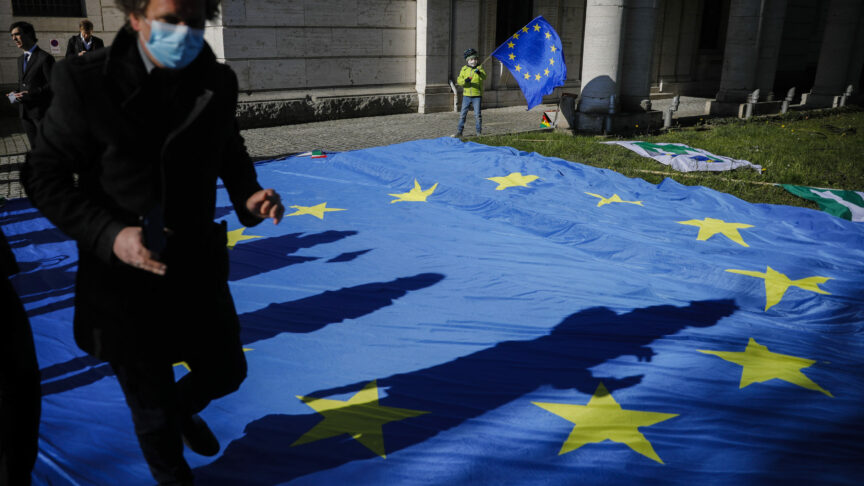
Public faith in EU institutions has declined due to their handling of the covid-19 pandemic. However, citizens still believe in the need for greater cooperation
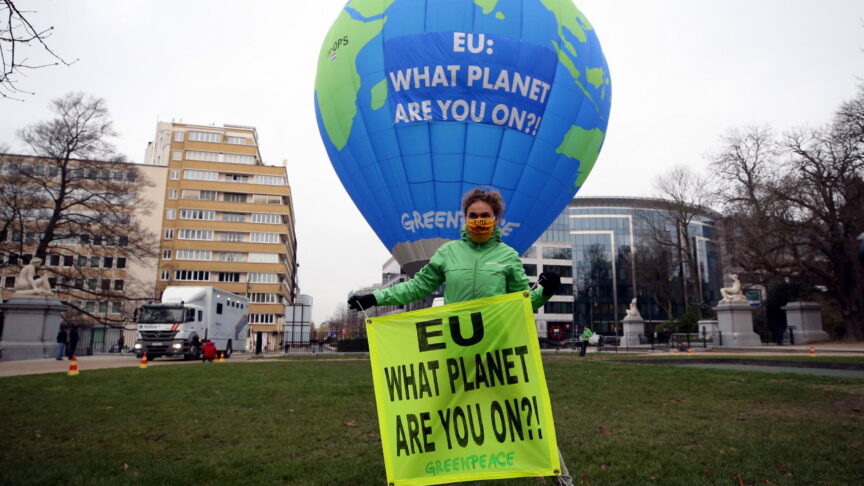
Member states are not divided into two diametrically opposed camps. This makes the implementation of the European Green Deal an intricate puzzle – yet achievable

Voters in Europe and the G7 still lack a clear idea of what Chinese action against Taiwan could mean for their own lives. Political leaders should start to remedy this
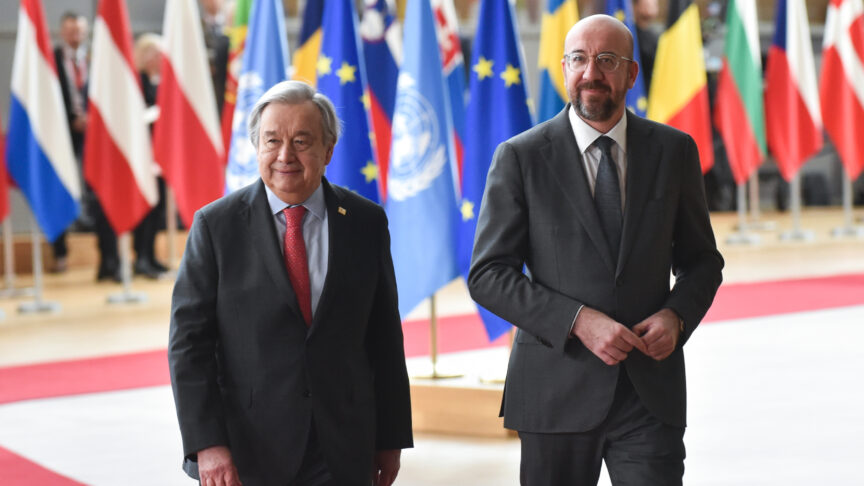
Russia’s war on Ukraine has exposed the weaknesses of the already creaking multilateral system. Europeans need to accept the radical changes that are under way and adapt their approach to international cooperation
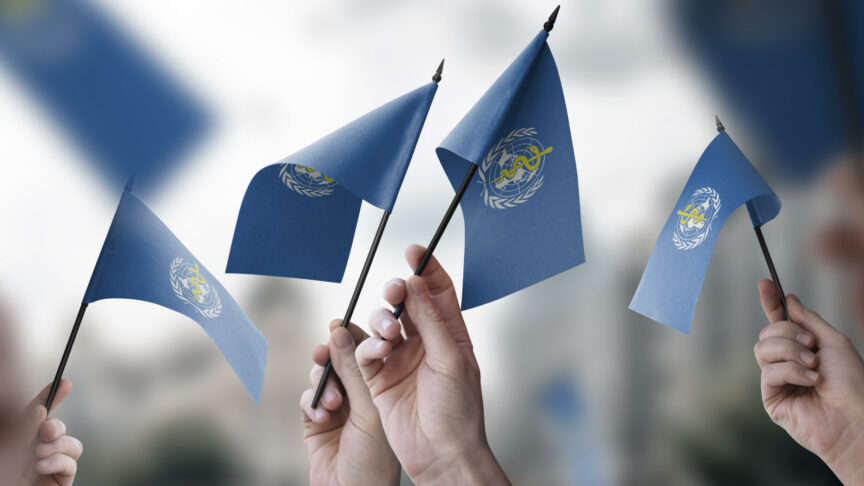
A lack of coordination among the world’s states hindered the global response to covid-19. The same problem is now disrupting international efforts to put in place a more effective system to prepare for future pandemics
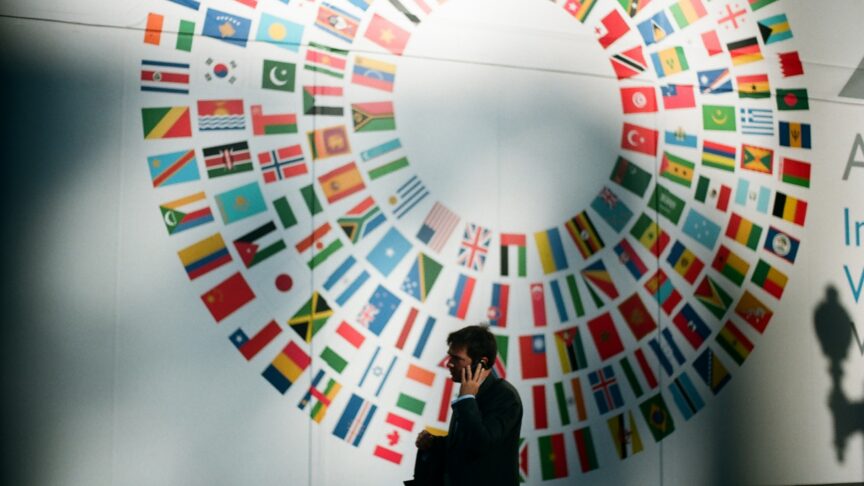
Traditional forms of development multilateralism are losing credibility in the global south – but the EU and its member states can help turn this around

To prevent the worldwide web from splintering into regional nets, the EU should safeguard the principles of the current internet governance model while becoming more open to inclusive reform
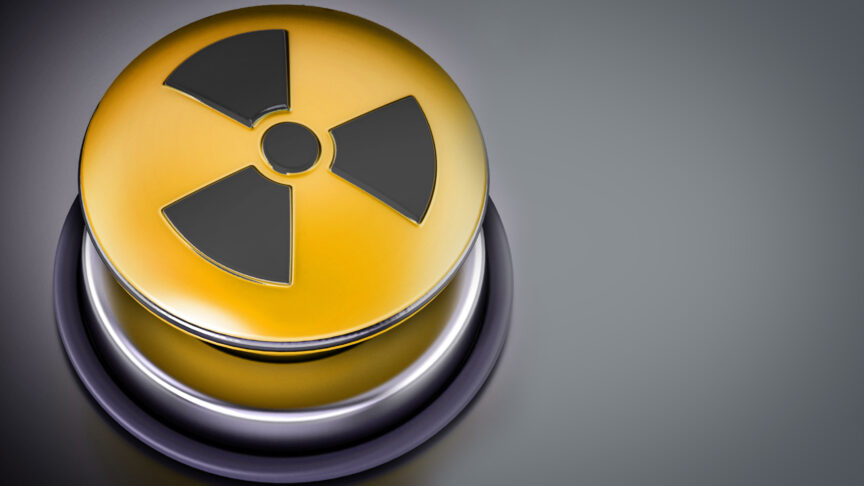
The global nuclear order has so far proven resilient in the face of Russia’s war on Ukraine. European engagement through the EU and NATO can help shore up this uneasy equilibrium
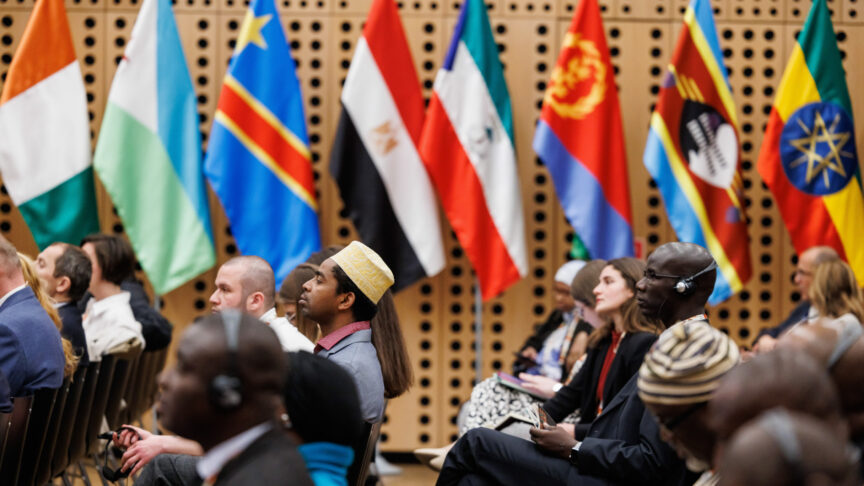
The EU still needs traditional multilateral forums to fight climate change. But it also needs to strengthen its efforts to build coalitions and form alliances with key states – especially in the global south
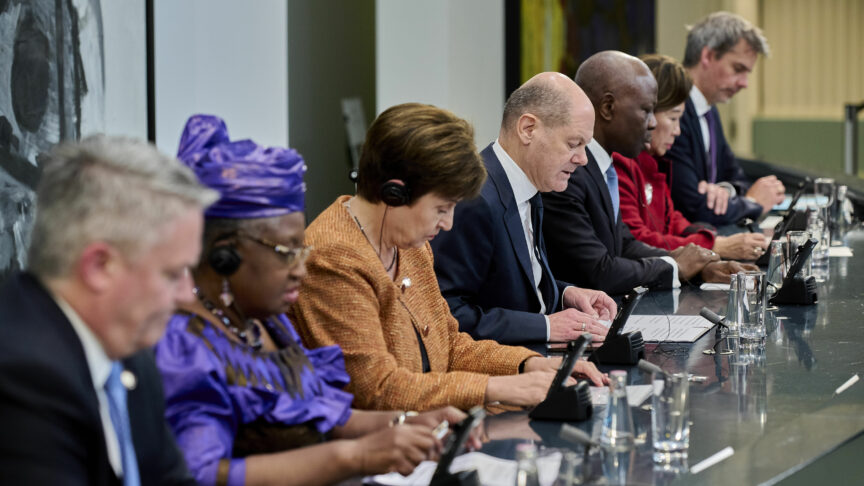
The EU’s use of trade policy in pursuit of its climate goals risks undermining its multilateral credentials and efforts to reform the WTO. To avoid this, it needs to take credible steps to reconcile its trade and climate agendas
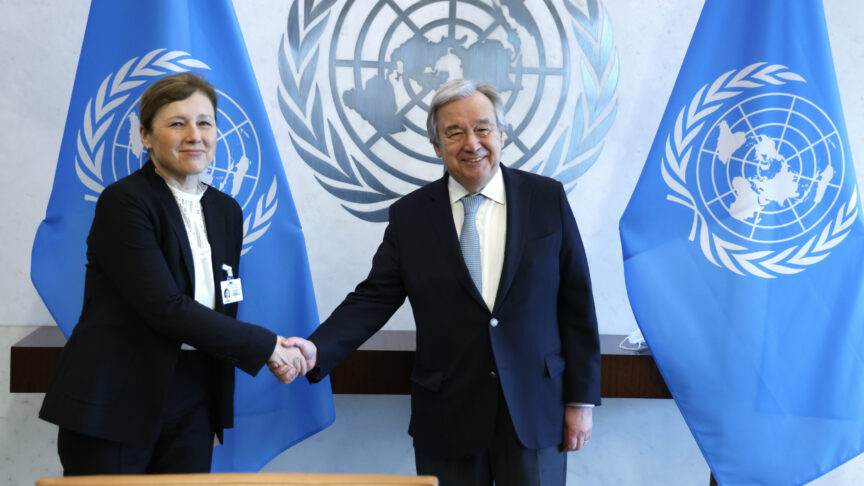
The West no longer has a monopoly on values at the UN. But Europeans can shape a new narrative in the changing multilateral system by emphasising their commitment to sovereignty, development, and openness
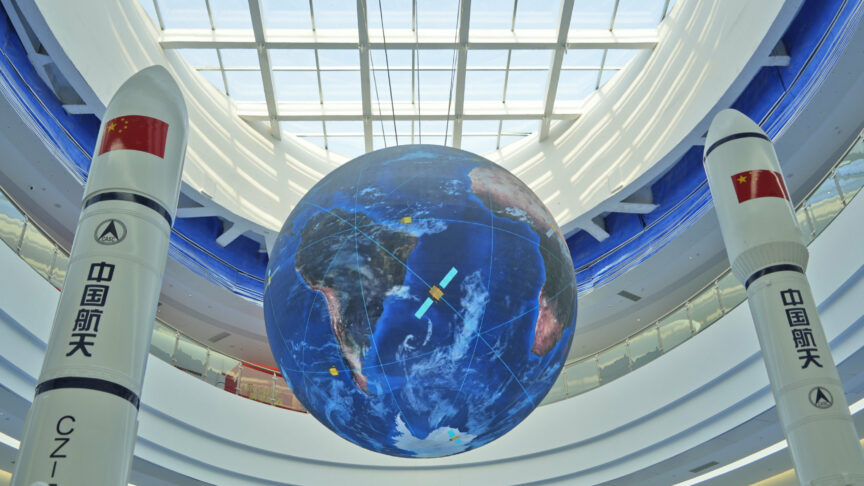
Competition among major space powers hinders multilateral action to protect access to outer space. The EU has a key role to play in promoting responsible behaviours and securing the use of space for all

Multilateral coalitions are increasingly important for combatting global challenges. Europeans have many eligible – and untapped – potential partner countries, but to stand out they need to ensure their offer is as grounded in these partners’ interests as their own
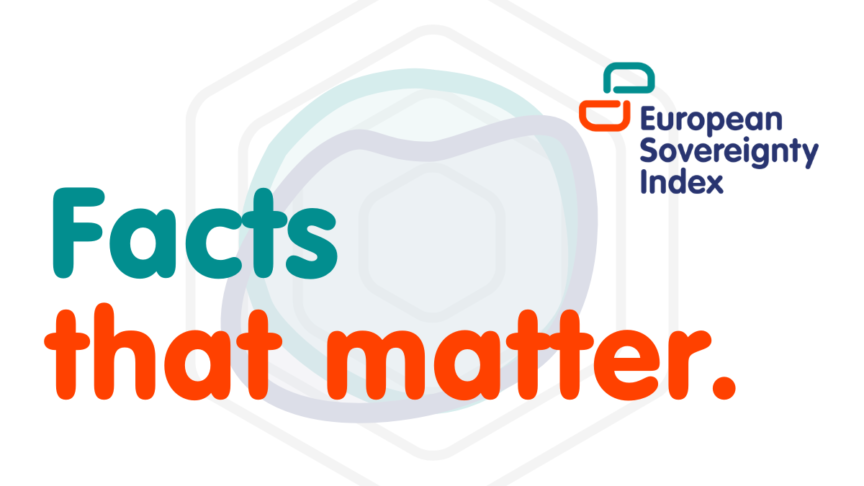
The EU can overcome the new challenges it faces and can shape the global order. To achieve this, Europeans will need to improve their joint capacity to act
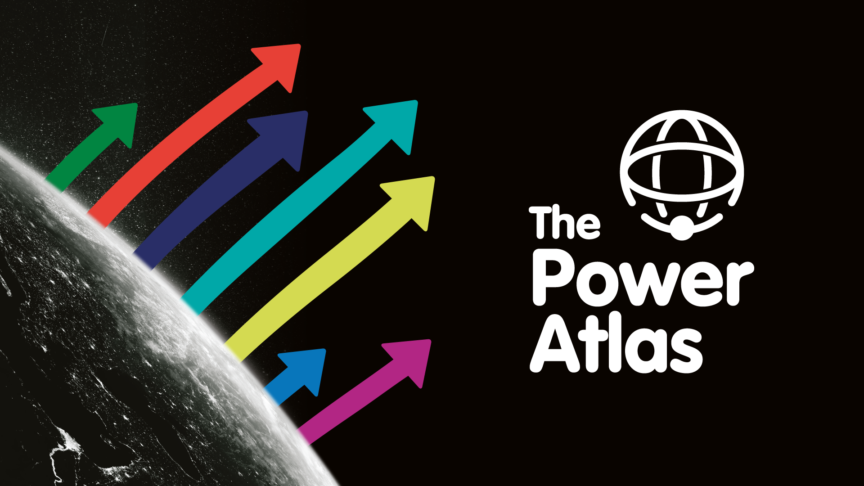
Power is now defined by control over flows of people, goods, money, and data, and via the connections they establish. Only states that see the new map of geopolitical power clearly will be able to control the modern world

In September 2024, the United Nation’s Summit of the Future is set to take place – a crucial moment to mend “eroded trust” between peoples,…

To achieve the ambitions of the European Green Deal, the European Commission insists that healthy oceans and a sustainable maritime economy are crucial. With rising…

Around 70 per cent of our planet is covered by the ocean, of which two-thirds fall beyond national jurisdiction. After decades of discussions and negotiations,…

The global space economy is worth a whopping $469 billion, and growing fast. Commercial interests are proliferating; more and more countries are launching satellites…

On 8 January 2023, following a contentious national election, protestors attacked government buildings in Brazil’s capital. The riots were preceded by years of online disinformation,…

Digital technologies are set to transform African economies. Yet, only 40 per cent of Africans accessed the internet in 2022 – well below the…

Beyond the UN formats, countries around the world are forging hundreds of bilateral and multilateral agreements to advance the clean energy transition. India has emerged…

Action on climate financing is long overdue. Inadequate mitigation and adaptation have already led to substantial loss and damage in the most vulnerable countries. But…

Climate change is an immediate existential threat to the coral islands that make up the Maldives, one of the lowest-lying countries in the world. Recent…

How can the EU and member states close the gap between ambition and capability in their quest for European sovereignty?

Multilateralism is in crisis. Europeans find it increasingly difficult to shape their environment and make themselves heard on the global stage. Their relative weight is…

Die EU muss sich reformieren, bevor sie die Ukraine (und andere Beitrittskandidaten) aufnimmt – nur so verhindert sie totale Dysfunktionalität

Italy’s leaders are confronting a decision about whether to withdraw from a memorandum of understanding with China on the Belt and Road Initiative (BRI) before…
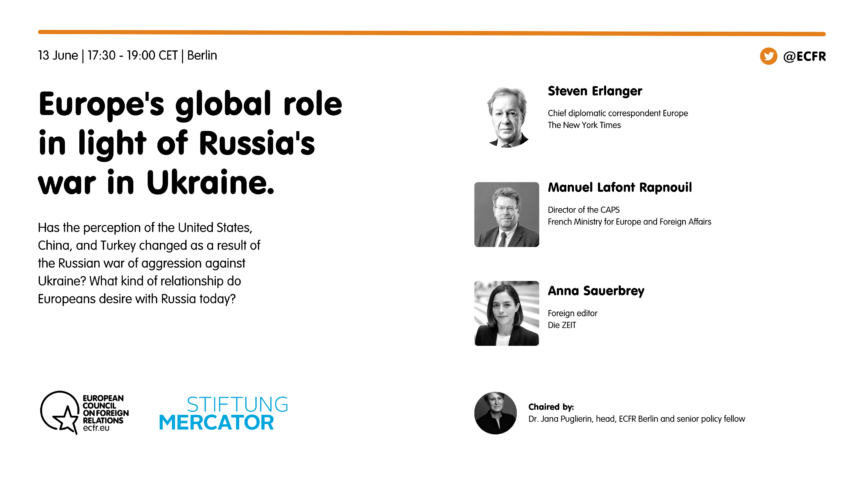
What do Europeans think about Russia, China, and the war in Ukraine? Join a panel of policymakers and expert observers to analyse ECFR’s latest public opinion…
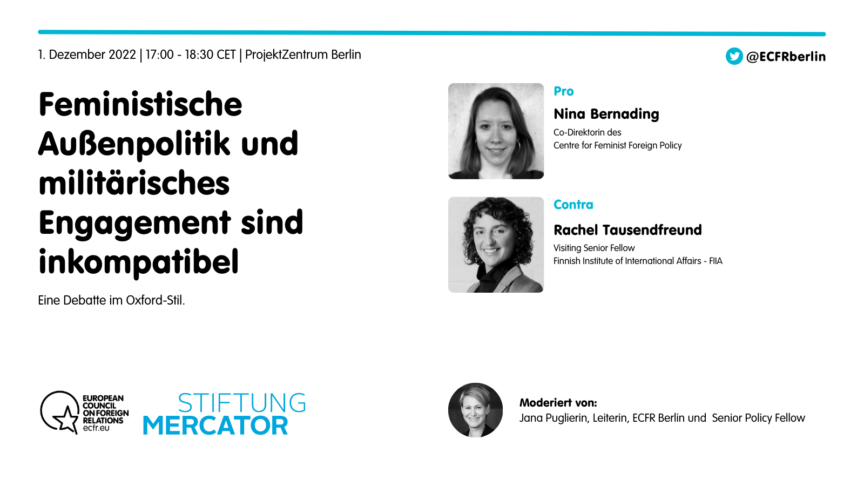
This debate is part of ECFR’s Re:shape Global Europe project funded by Stiftung Mercator
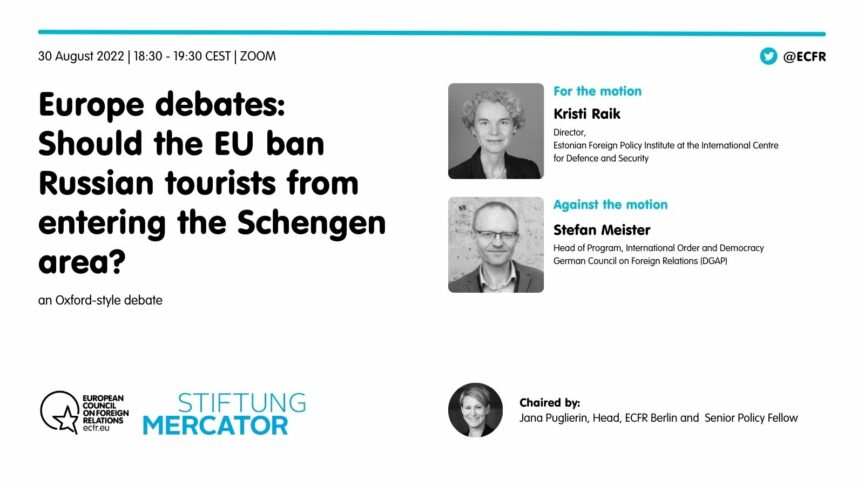
This debate is part of ECFR’s Re:shape Global Europe project funded by Stiftung Mercator
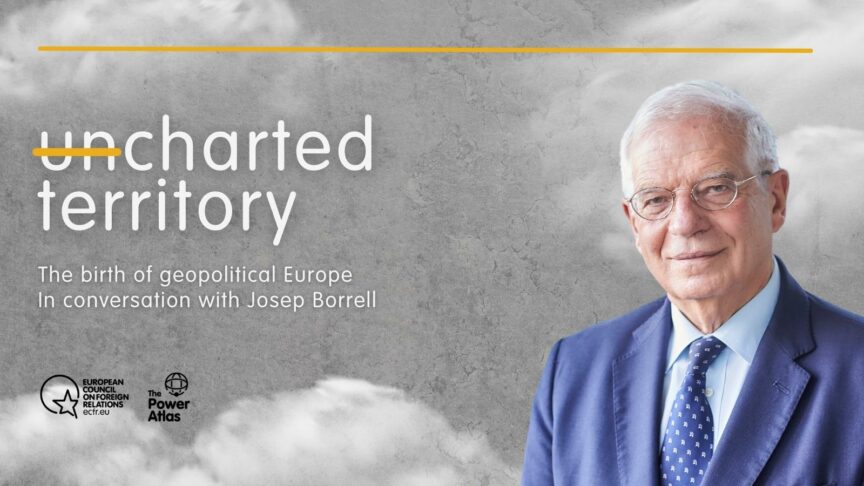
With the EU’s High Representative as our honoured guest, the panel will explore the birth of a geopolitical Europe and the new dimensions of European power with a focus on the tech, economic, and security terrains
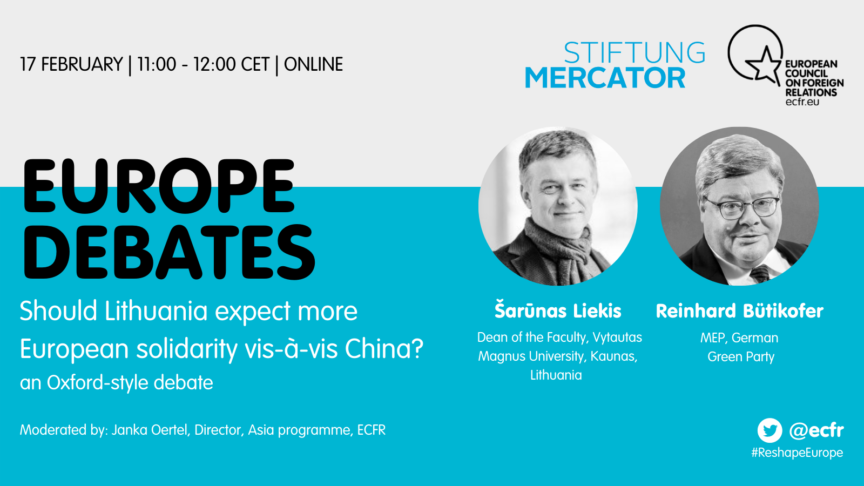
This Oxford-style debate is part of ECFR’s Re:shape Global Europe project supported by Stiftung Mercator
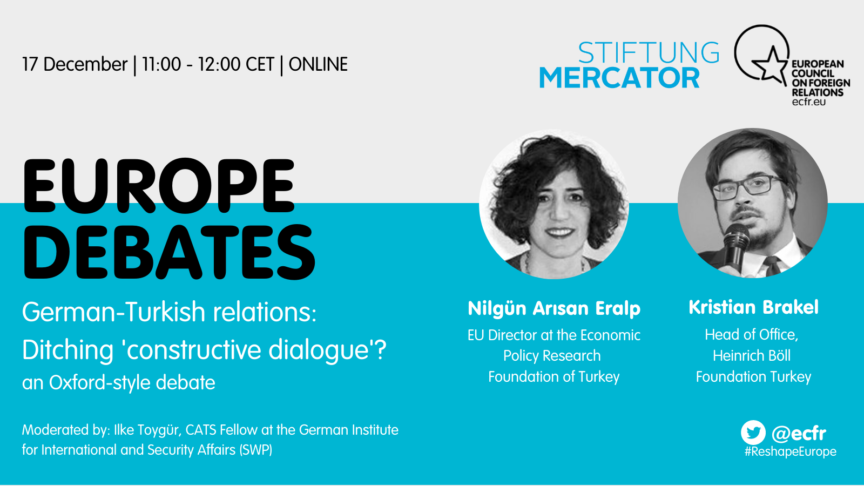
Should the next German government ditch Merkel’s “constructive dialogue” with Turkey and join France and Greece for a more confrontational approach?
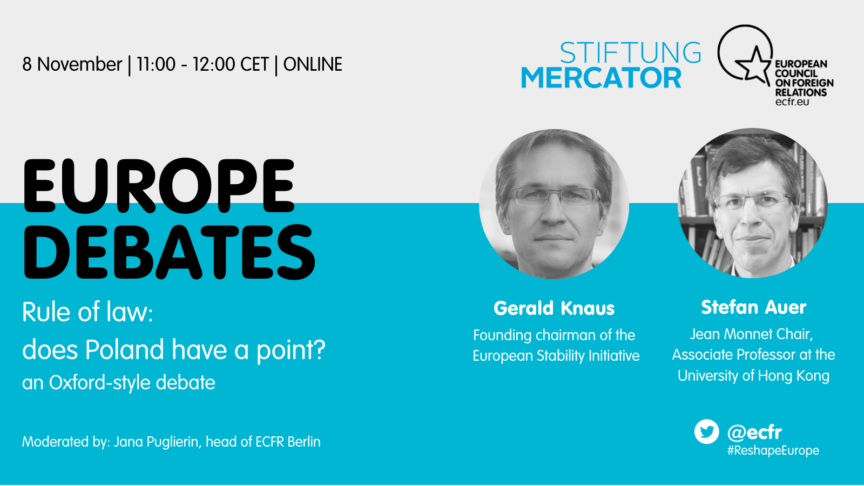
In Poland, as well as across the EU, we witness a battle between these two narratives. Depending on which of them prevails, EU countries and institutions may choose to react more or less firmly to the Polish challenge – with lasting consequences for the EU’s future shape